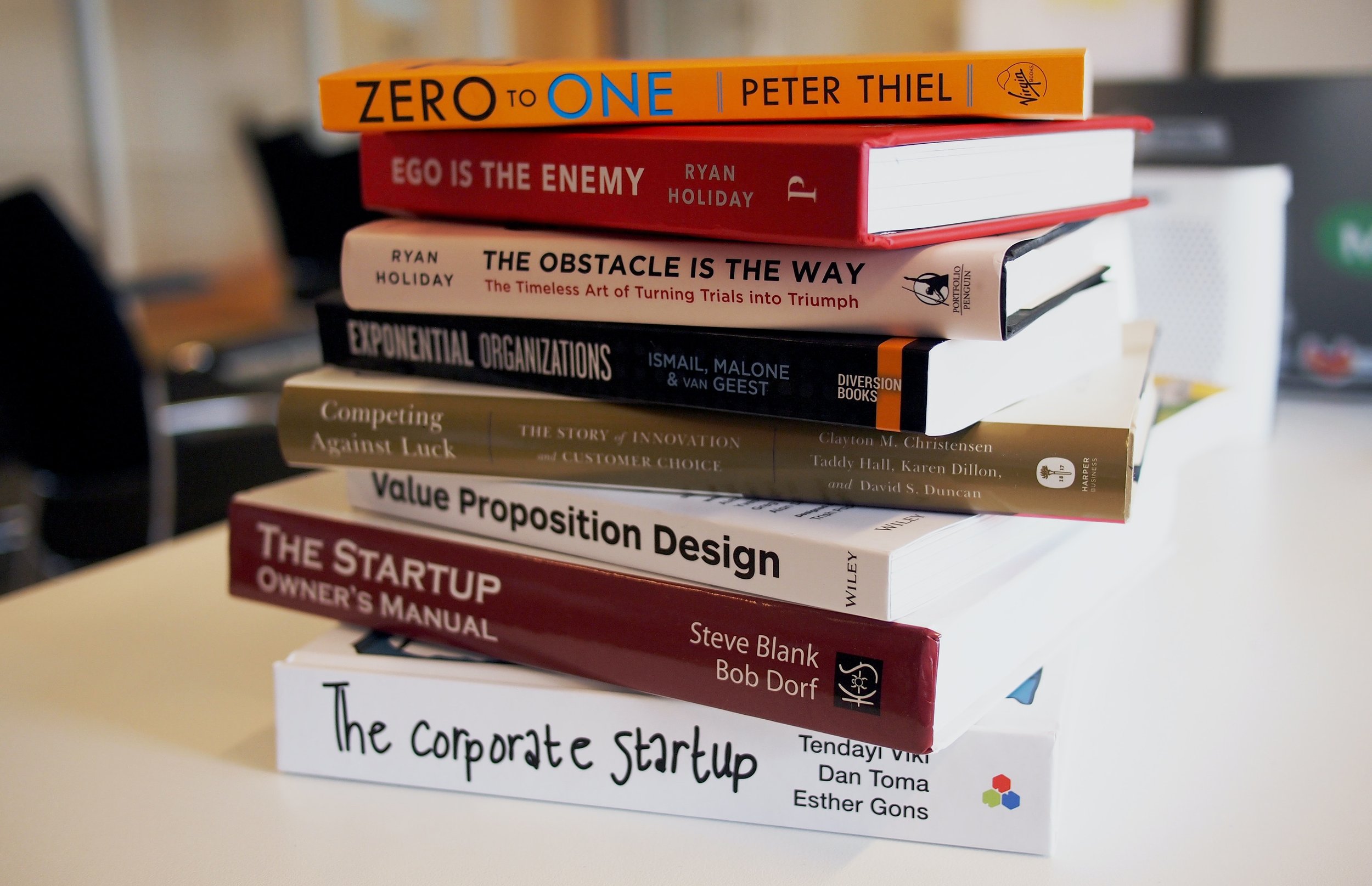Maximizing Your MBA: The Benefits of Pursuing Entrepreneurship
Pursuing a career in entrepreneurship after graduating from a top MBA program can be a rewarding and challenging experience. An MBA program provides students with the skills and knowledge needed to start and grow a successful business, while also offering opportunities to network with other entrepreneurs and investors. In this blog post, we will explore the benefits of pursuing a career in entrepreneurship after completing an MBA program and provide some tips on how to make the most of this unique opportunity.

Why Choose Entrepreneurship After Your MBA?
Skillset Expansion and Application
An MBA equips you with a comprehensive skillset, from finance and marketing to strategy and leadership, crucial for the entrepreneurial journey. These programs also often feature specialized entrepreneurship courses, providing both theoretical knowledge and practical, hands-on experience through incubators and accelerators.
Networking: Your Pathway to Growth
The opportunity to build an extensive network of fellow entrepreneurs, mentors, and investors is invaluable. This community not only supports but also accelerates your venture's growth through shared experiences, guidance, and potential partnerships.
Enhanced Credibility with Stakeholders
An MBA can significantly bolster your credibility among investors, partners, and customers. It serves as a testament to your business acumen, signaling that you possess the requisite knowledge and skills for entrepreneurial success.
Strategies for Leveraging Your MBA in Entrepreneurship
Align with Your Passion
Entrepreneurship demands dedication. Aligning your venture with your passions can fuel your persistence and resilience, key attributes for navigating the challenges of starting and growing a business.
Capitalize on Your MBA Network
The relationships formed during your MBA are among your most valuable assets. Engage with this network to uncover opportunities, gain insights, and forge partnerships that can propel your venture forward.
Crafting a Robust Business Plan
A solid business plan is your roadmap to success, detailing your vision, strategy, market analysis, and financial forecasts. Use the tools and frameworks learned during your MBA to create a compelling and comprehensive plan.
Embrace Mentorship
Seek out mentorship from seasoned entrepreneurs and industry experts. Their guidance can offer you strategic insights and help you avoid common pitfalls, accelerating your path to success.
Learn from Every Setback
View setbacks as opportunities for growth. Entrepreneurship is a journey of continuous learning, and each failure provides valuable lessons that can refine your approach and strengthen your business model.
Conclusion
Leveraging your MBA for entrepreneurship offers a unique blend of opportunities to apply your skills, expand your network, and establish a credible, successful business. By embracing your passion, utilizing your network, developing a comprehensive business plan, seeking mentorship, and learning from setbacks, you can maximize the benefits of your MBA and achieve your entrepreneurial ambitions.
Keep reading

The Authenticity Test: When Your Dream Career Story Might Be Sabotaging Your MBA Application
I had a call this week with Sarah (name changed), one of our M7A clients applying to MIT Sloan. She came to our call with two completely different cover letters written. She felt stuck. Version 1 was bold: "I want to start an allergy therapeutics company, and MIT is where I'll make it happen." Version 2 was strategic: "I want to become an investor-operator in biotech VC, building the foundation to eventually launch something of my own." Both were well-written. Both were compelling. But only one would survive what I call The Authenticity Test.

What It Means to Be Under “Further Consideration” at HBS (and How to Turn It Into an Admit)
If you’ve been placed under “Further Consideration” by Harvard Business School, take a breath – you’re still very much in the game. This is HBS’s new version of a waitlist, and while it’s unfamiliar territory for many applicants, it’s also a real opportunity. Here’s what it means, what you can (and can’t) do, and how to use this window to your advantage.

After McKinsey SkillBridge: When an MBA Makes Sense for Veterans
McKinsey’s SkillBridge fellowship helps veterans step into consulting. For some, that’s enough. For others, the next step is an MBA. In this post, we explain why some McKinsey SkillBridge alumni pursue business school, how this compares to Bain and BCG, and how to frame your experience for MBA admissions.

Bain Announces SkillBridge, Joining McKinsey and BCG
Bain & Company has officially launched its SkillBridge program, becoming the final MBB firm to offer transitioning service members a direct pathway into consulting. Following McKinsey and BCG, Bain’s 10-week internship provides hands-on experience, mentorship, and networking opportunities, helping veterans translate their military leadership skills into a corporate setting. This blog post explores Bain’s program, how it compares to its competitors, and why it’s a compelling option for veterans seeking a career in consulting.